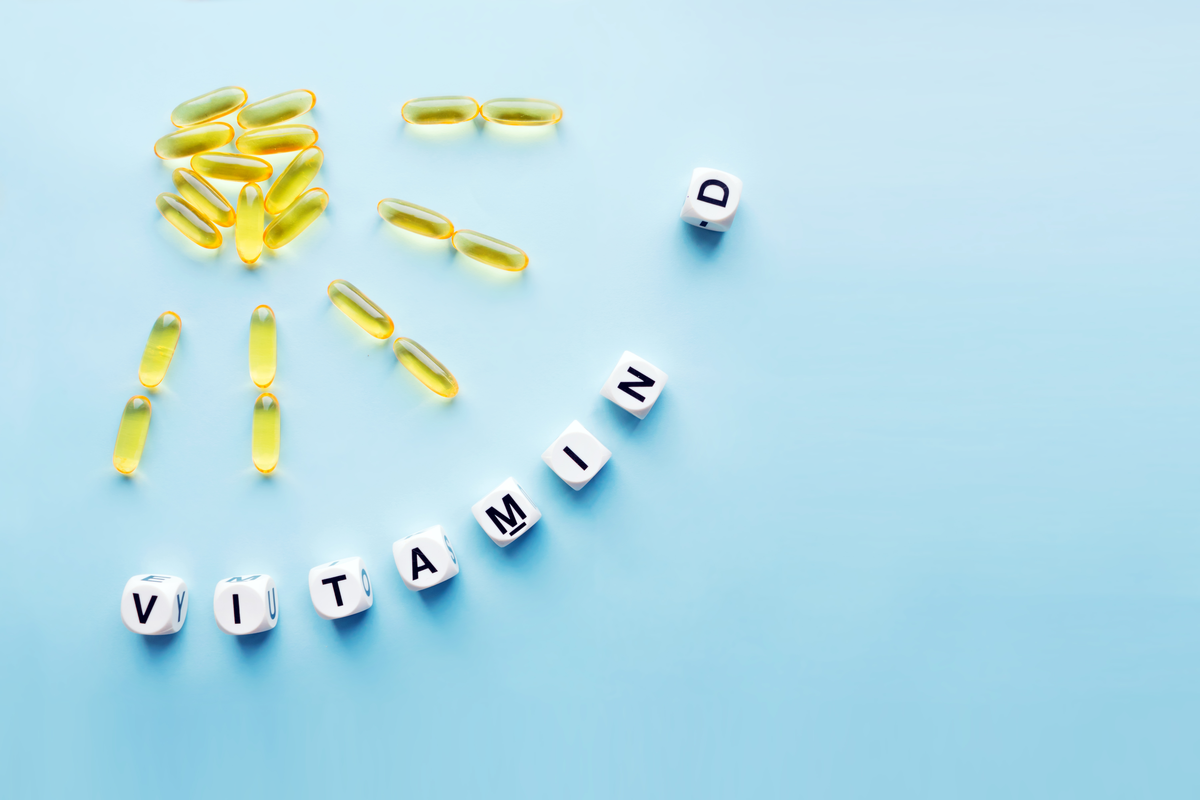
The Crucial Role Of Vitamin D In The Health Of The Elderly
The Crucial Role Of Vitamin D In The Health Of The Elderly
As we age, our bodies undergo a multitude of changes, and our nutritional needs evolve
accordingly. One of the essential nutrients that become increasingly important for the
elderly is vitamin D. This often overlooked vitamin plays a crucial role in maintaining the
health and well-being of seniors. In this article, we will explore the significance of vitamin D
in the health of the elderly and why it should not be underestimated.
Maintaining Bone Health
For the elderly, maintaining strong and healthy bones becomes increasingly challenging, as
bone density tends to decrease with age. Vitamin D helps the body absorb calcium
efficiently, which is essential for preventing bone loss and reducing the risk of fractures
and osteoporosis.
Supporting Muscle Strength
Weak muscles can lead to mobility issues and an increased risk of falls, which can be
particularly concerning for seniors. Adequate vitamin D levels contribute to muscle
function and strength, helping seniors maintain their independence and reduce the risk of
falls.
Boosting Immune Function
A robust immune system is crucial for preventing infections and illnesses, and vitamin D is
known to support immune function. For the elderly, who may have compromised immune
systems, ensuring adequate vitamin D levels is essential for better defense against
infections and faster recovery from illnesses.
Reducing The Risk Of Chronic Diseases
For seniors, who are often more susceptible to these conditions, maintaining sufficient
vitamin D levels through exposure to sunlight, diet, or supplements can be a preventive
measure worth considering.
Mood And Mental Health
Research has shown a potential link between vitamin D deficiency and mood disorders,
such as depression. Seniors may be more vulnerable to mood disturbances, and ensuring
they have enough vitamin D may contribute to their overall emotional well-being.
How To Get Enough Vitamin D
Ensuring adequate vitamin D intake for the elderly is crucial. Here are some ways to
achieve this:
Sunlight Exposure: Spending time outdoors in the sunlight, especially during the morning
or late afternoon, can help the body produce vitamin D. However, sun exposure should be
balanced to avoid skin damage.
Vitamin D is a vital nutrient that plays a multifaceted role in maintaining the health of the
elderly. From supporting bone health and muscle strength to bolstering the immune
system and reducing the risk of chronic diseases, its importance cannot be overstated.
Seniors and their caregivers should be proactive in ensuring they receive sufficient vitamin
D through a combination of sunlight, diet, and, when necessary, supplements. By
prioritizing vitamin D intake, we can contribute to the well-being and quality of life of our
elderly loved ones, helping them enjoy their golden years to the fullest.